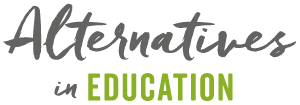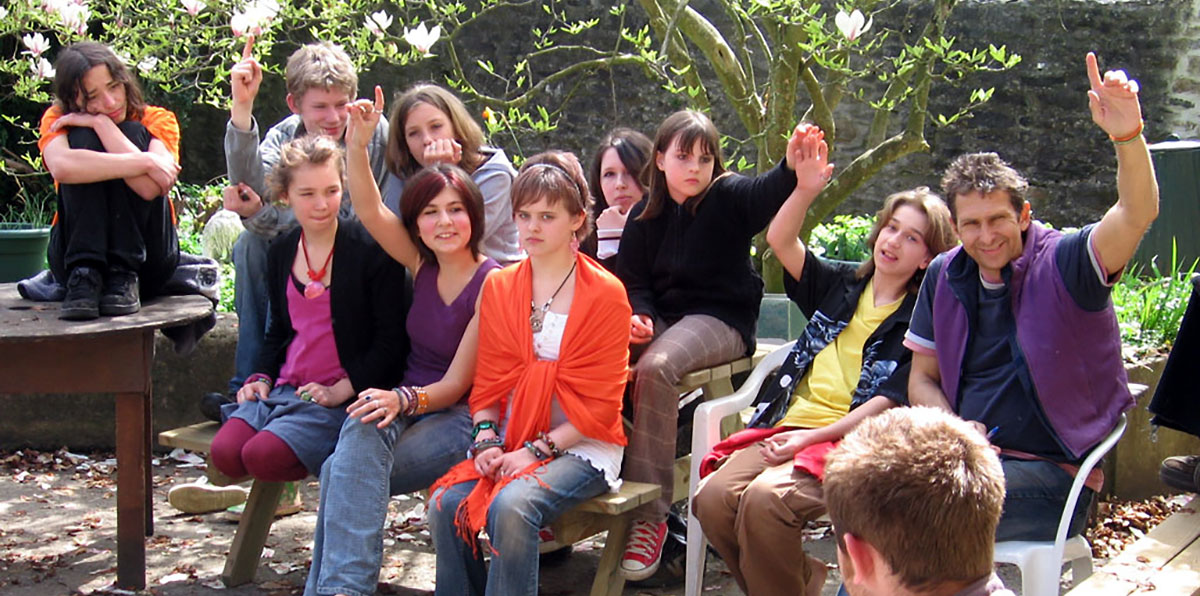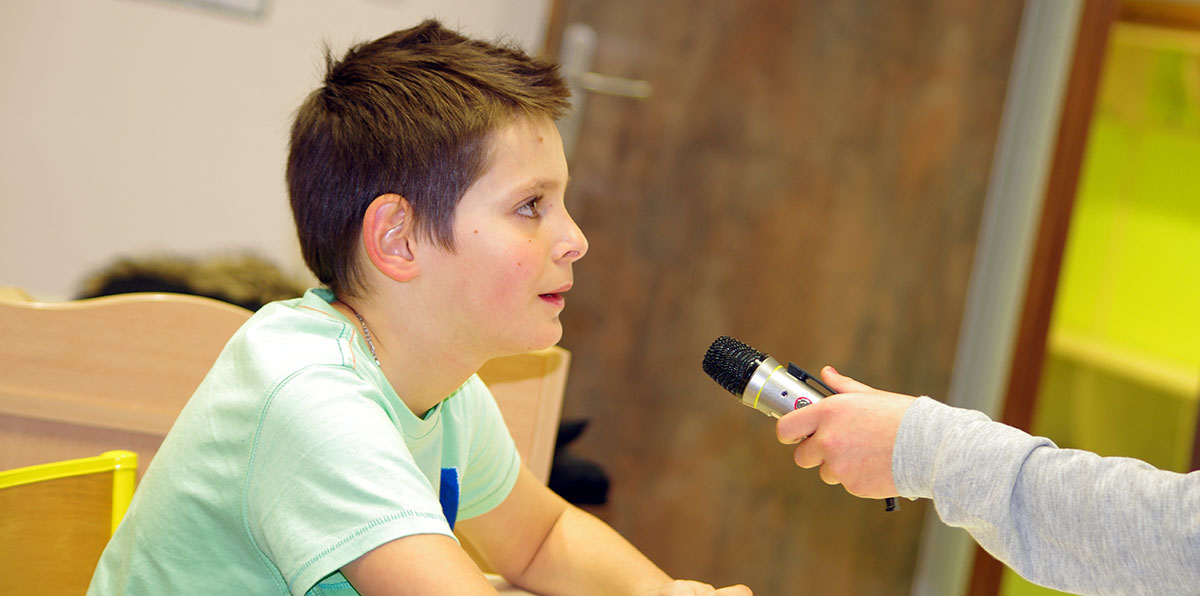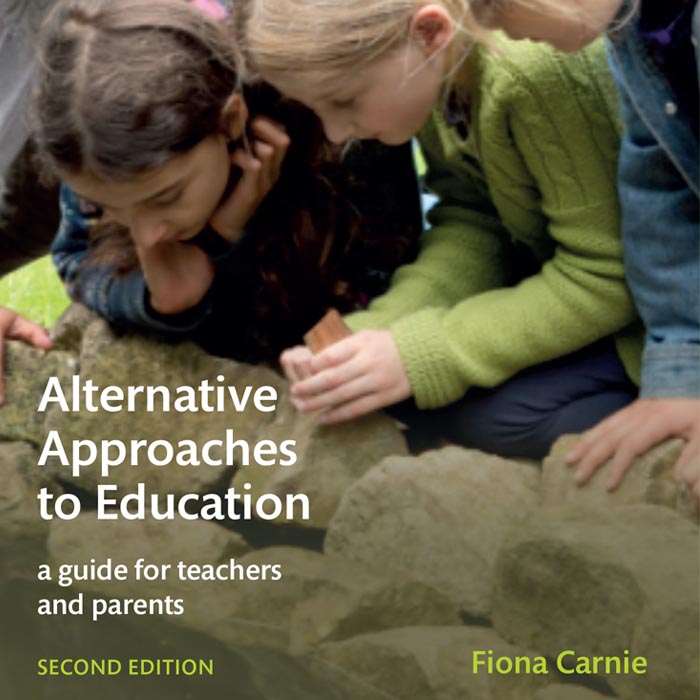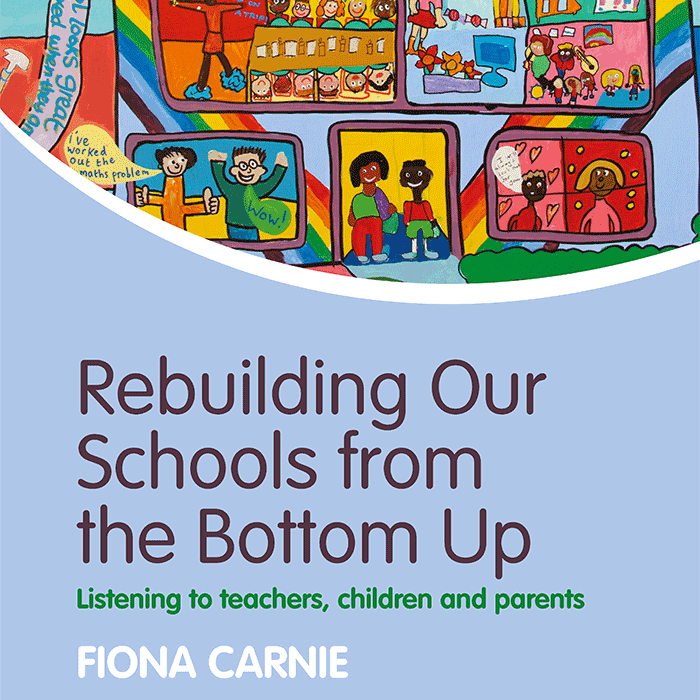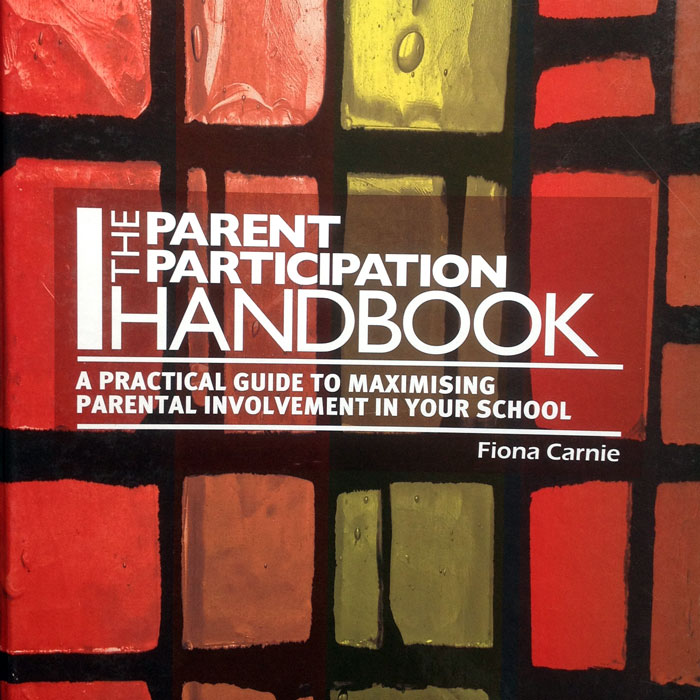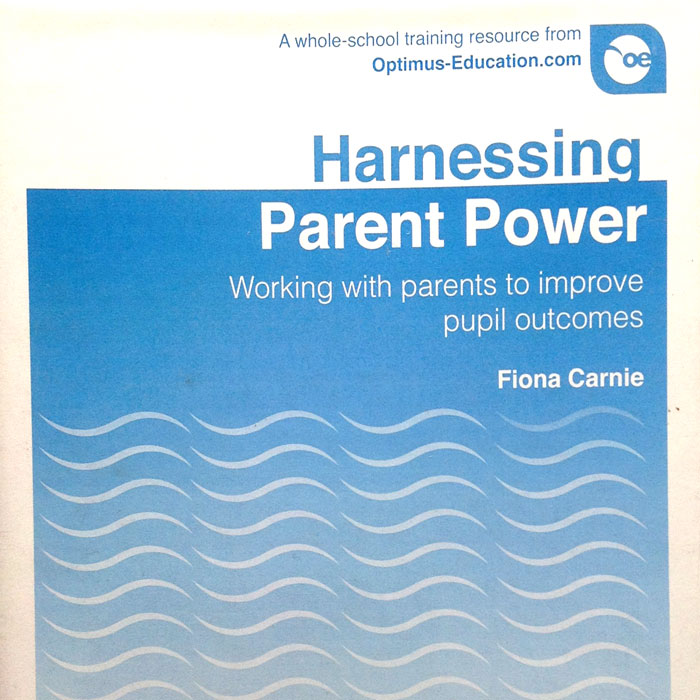A growing number of parents and teachers across the globe are looking for new ways to educate – ways that will inspire, motivate and involve each and every child.
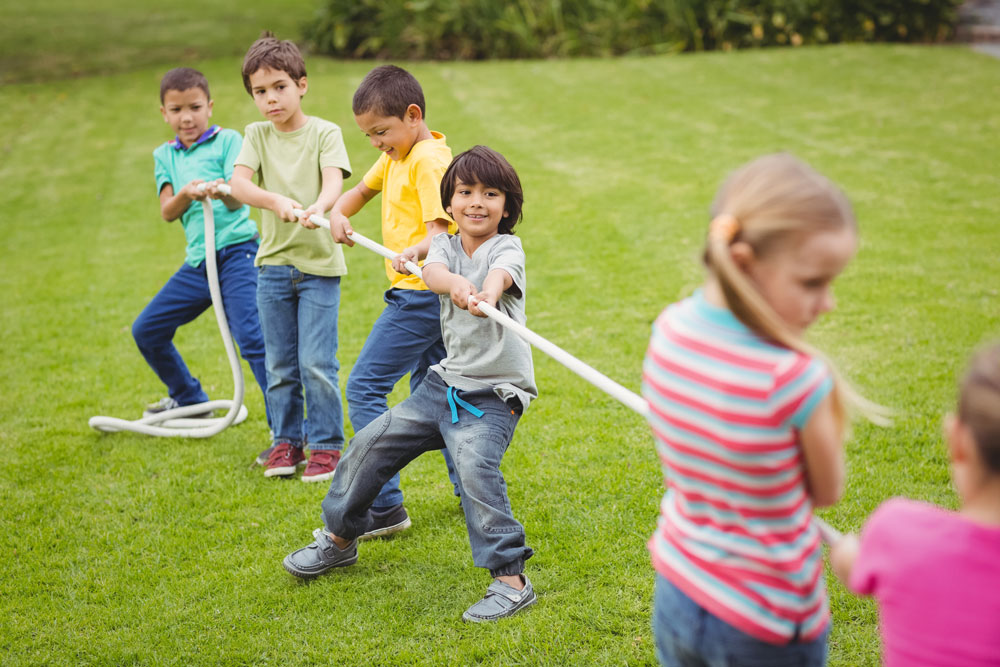
Concerns about mainstream schooling – the relentless focus on targets and testing and the resulting pressure on young people – are leading many to ask whether there might be better ways to prepare children for life in contemporary society: better ways to create a fairer and more environmentally sustainable future. In a world where information is available at the touch of a screen what and how can young people best learn?
Such concerns are fuelling demand for educational approaches which take account of the latest research into how children learn, which respond to their individual strengths and developmental needs and which reflect the kind of society we want to create.
Alternatives in Education aims to:
“The world is undergoing revolutionary changes. We need a revolution in education too.”
Ken Robinson, author of Creative Schools
Key Questions
In every community we should be asking questions about the purposes of education.
We cannot rely on governments for the answers. In a democratic society it makes sense for educators and communities to work together to create schools and learning environments that meet the needs of young people and which help to shape society for the future.
Key Questions
In every community we should be asking questions about the purposes of education.
We cannot rely on governments for the answers. In a democratic society it makes sense for educators and communities to work together to create schools and learning environments that meet the needs of young people and which help to shape society for the future.
Inspiring Examples

There are thousands of schools, learning centres and education cooperatives across the world offering child-centred and holistic approaches to education; places where teachers, parents and local communities work together to provide the best start in life for their children.
Alternative approaches seek to:
“It is not education, but education of a certain kind, that will save us. And the current model of western, urban-centred, school-based education, which is so often more focused on turning children into efficient corporate units rather than curious and open-minded adults, will only lead us further down the wrong path.”
Professor David Orr, author of Earth in Mind
In the State Sector
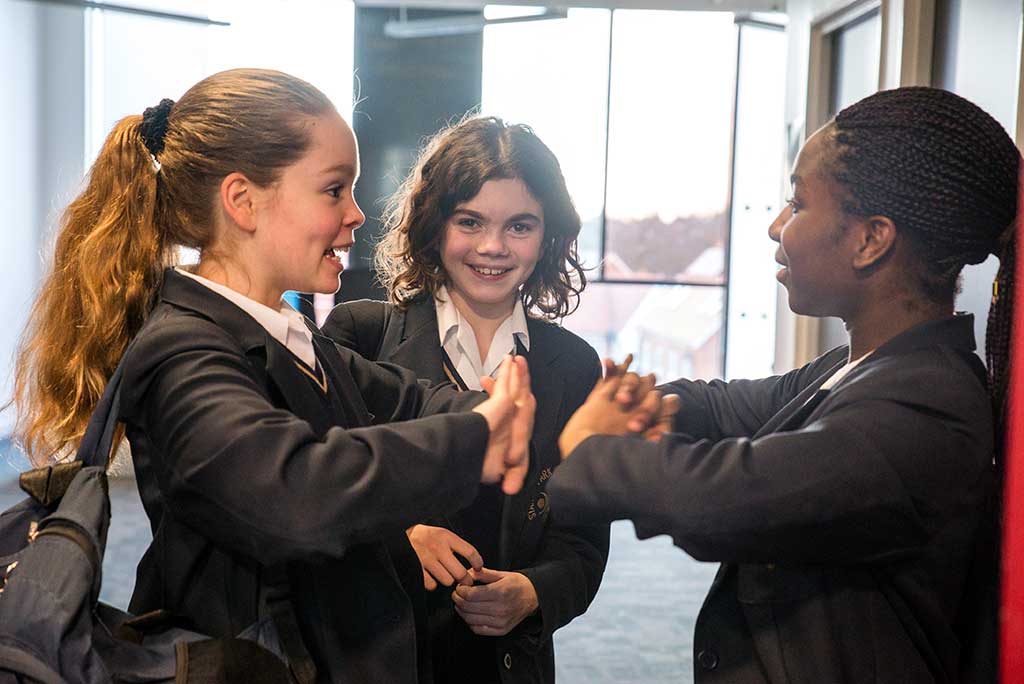
In the Alternative Sector
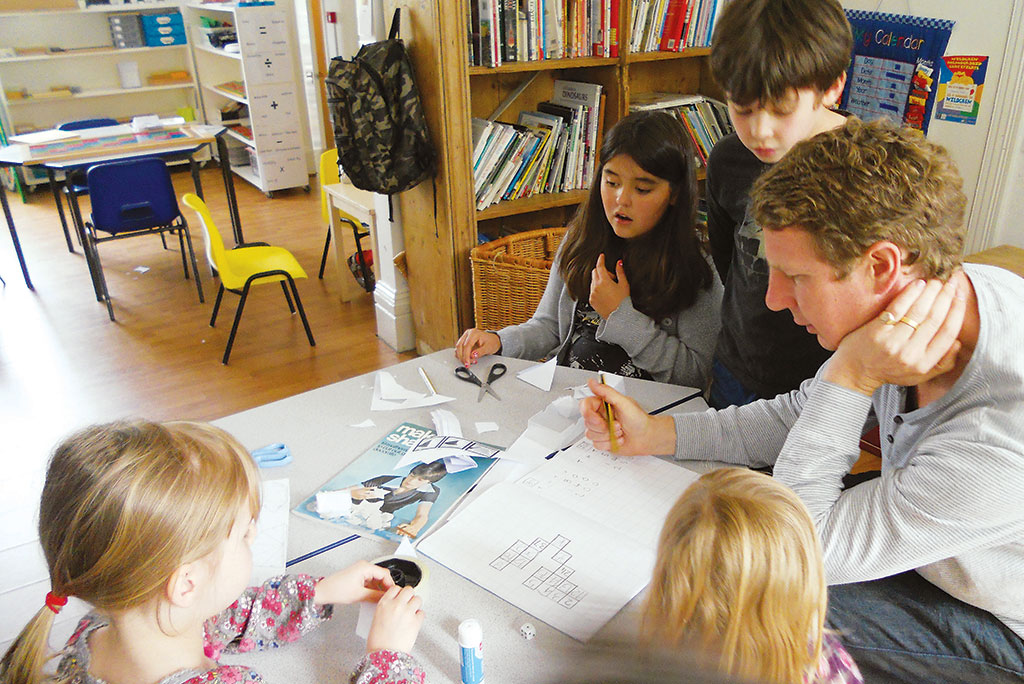
Alternative Schools in the UK
Annan School Framfield, Sussex
Atelier 21 Crawley, West Sussex
Bealings Woodbridge, Suffolk
Brockwood Park Alresford, Hampshire
Dandelion Education Norwich, Norfolk
Dame Catherine Harpur’s School Ticknall, Derbyshire
East Kent Sudbury Kent
Educare, Kingston, Surrey
The Family Learning School, London
Great Oaks Small School Ebbsfleet, Kent
Hebden Bridge Learning Community Yorkshire
Inwoods Small School Alresford, Hampshire
The New School London
Lumiar Wingfield, Wiltshire
Park School Totnes, Devon
Sands School Ashburton, Devon
Self-Managed Learning College Brighton, East Sussex
St Christopher’s School Letchworth, Hertfordshire
Summerhill School Leiston, Suffolk
A list of Steiner Waldorf schools is available at:
www.steinerwaldorf.org/steiner-schools/list-of-schools/
A list of Montessori schools is available at:
www.montessorisociety.org.uk
Schools in the alternative, independent sector in the UK do not receive public funding and are therefore required to charge fees.
Alternative Schools in the UK
Annan School Framfield, Sussex
Atelier 21 Crawley, West Sussex
Bealings Woodbridge, Suffolk
Brockwood Park Alresford, Hampshire
Dandelion Education Norwich, Norfolk
Dame Catherine Harpur’s School Ticknall, Derbyshire
East Kent Sudbury Kent
Educare, Kingston, Surrey
The Family Learning School, London
Great Oaks Small School Ebbsfleet, Kent
Hebden Bridge Learning Community Yorkshire
Inwoods Small School Alresford, Hampshire
The New School London
Lumiar Wingfield, Wiltshire
Park School Totnes, Devon
Sands School Ashburton, Devon
Self-Managed Learning College Brighton, East Sussex
St Christopher’s School Letchworth, Hertfordshire
Summerhill School Leiston, Suffolk
A list of Steiner Waldorf schools is available at:
www.steinerwaldorf.org/steiner-schools/list-of-schools/
A list of Montessori schools is available at:
www.montessorisociety.org.uk
Working for Positive Change
How do we get there?
Let’s open up a debate about the purposes of education at all levels of society
– starting at ante-natal classes and continuing through nurseries, schools, universities and within business and government.
Everyone has a stake and everyone can have a say.
Schools will get stronger by working with their local community
and listening to the voices of those they exist to serve.
“Education is a conversation across the generations.”
Creating the conversation
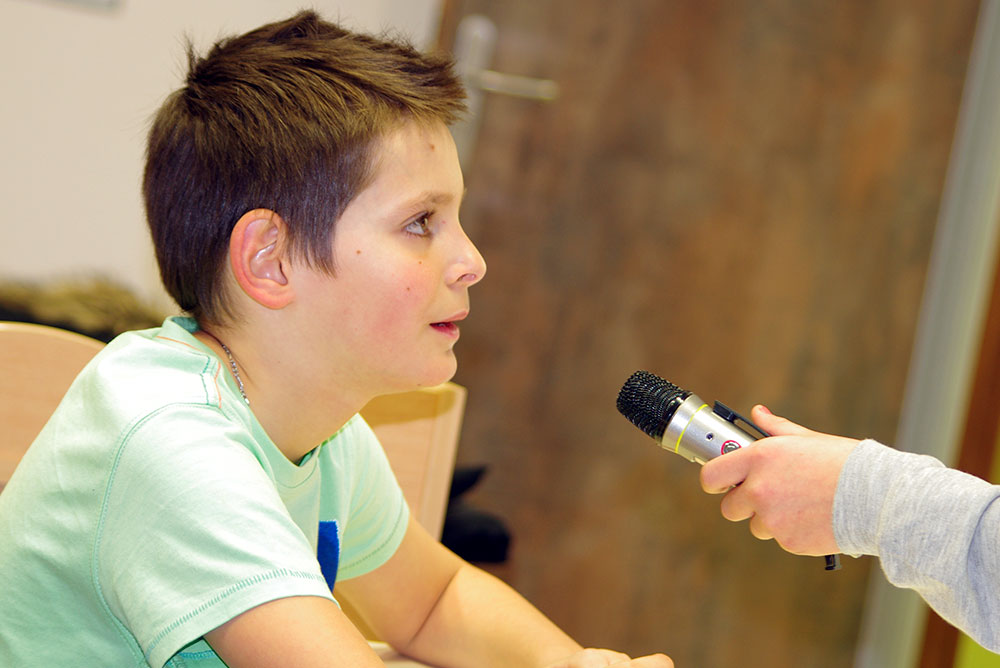
Student Voice
According to Article 12 of the United Nations Convention on the Rights of the Child, children have the right to have a say on all matters which affect them. This includes their education. When children and young people are involved in decisions about their learning, they become active participants in their education and they are more motivated.
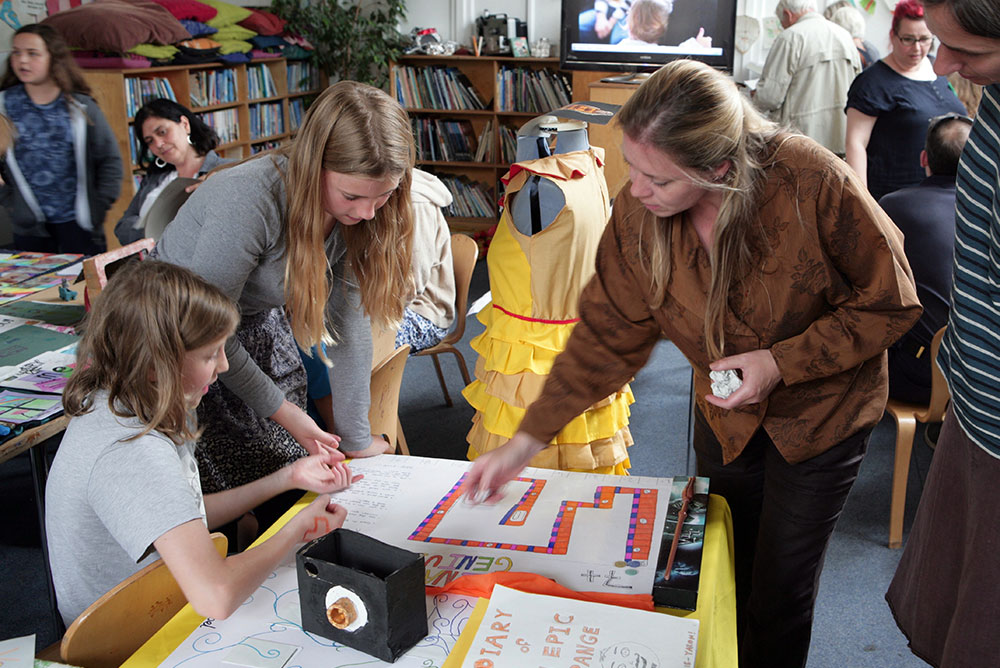
Parent Voice
When parents are involved in their children’s education, children do better. Research has found that parental engagement is one of the most powerful levers for school improvement. When schools listen to their parents and work with them as genuine partners they achieve the best outcomes for children and young people.
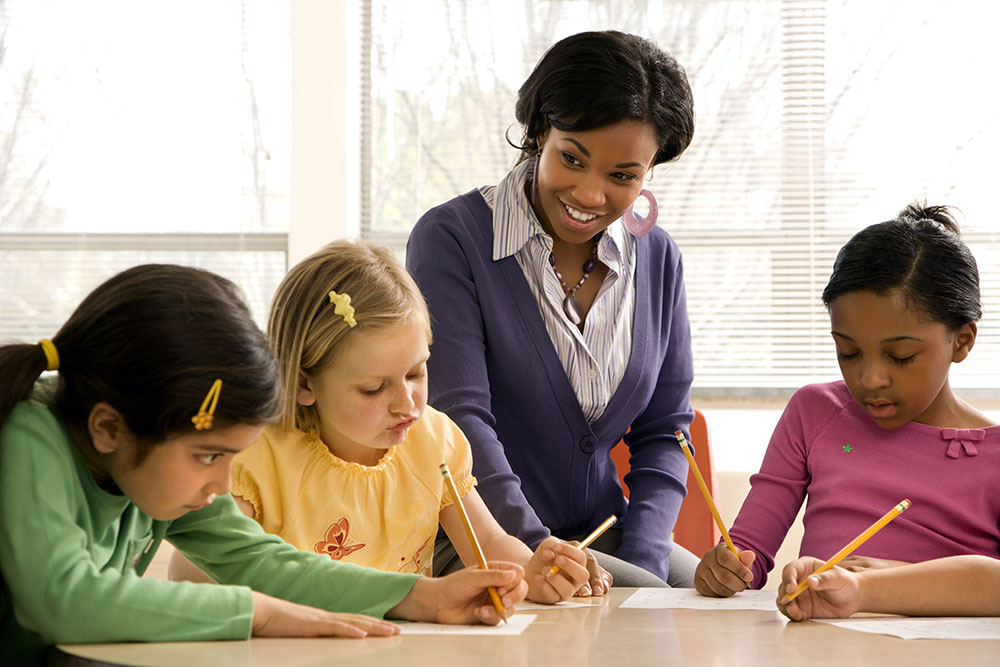
Teacher Voice
Teachers are professionals and yet many feel that they have little say over their work. They are told what to teach and when and how to teach it by a government (in England) which dictates the content of the curriculum and exerts a stranglehold over schools through the testing and accountability framework. When teachers have greater autonomy to respond to the needs of the children and young people they work with, children do better.
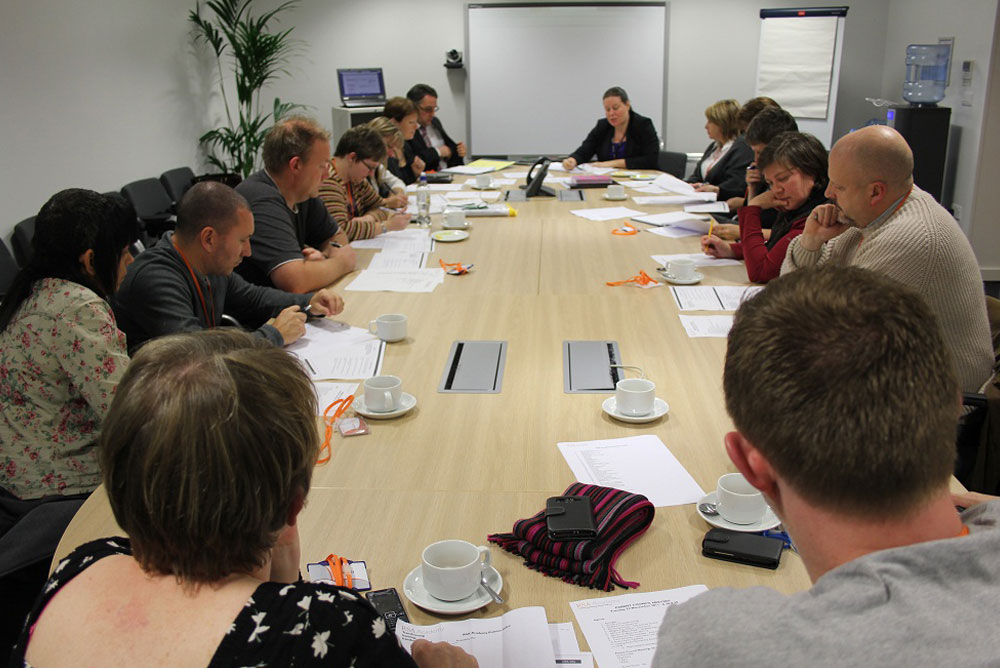
School Community Voice
When school leaders listen to their students, their teachers and their parents they are better able to meet the needs of the communities they exist to serve. When responsibility for the school’s vision, values and direction is shared, schools are strengthened by such collaboration and empowered to be their best.
Who are we?
Alternatives in Education is an alliance of educators and parents committed to child-centred ways of working. We are affiliated to the European Forum for Freedom in Education.
Fiona Carnie
Director
Fiona has extensive experience of working with schools and organisations across Europe to support educational transformation.
Sean Bellamy
Associate
Co-founder and teacher, Sands Democratic School, Devon.
Ian Cunningham
Associate
Founder and Chair of Governors, Self Managed Learning College, Brighton.
Mike Davies
Associate
Education consultant, secondary head and founding member of Human Scale Education.
Michael Fielding
Associate
Emeritus Professor, Institute of Education, University College London.
Mary Tasker
Associate
Educationalist and adviser on human scale education.
Consultancy
We have a range of experts who can advise on
Encouraging democratic change at your school
Setting up a small school or learning centre
The power of student voice
Involving parents in children’s education
Publications
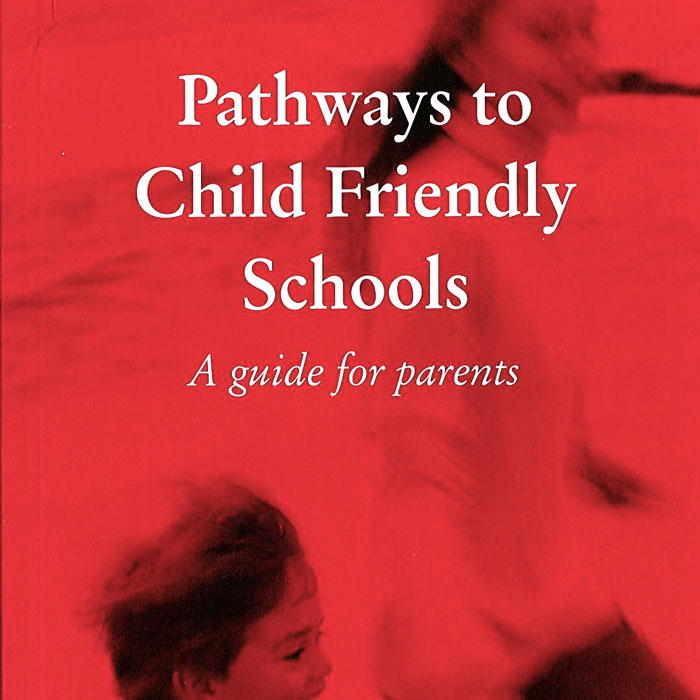
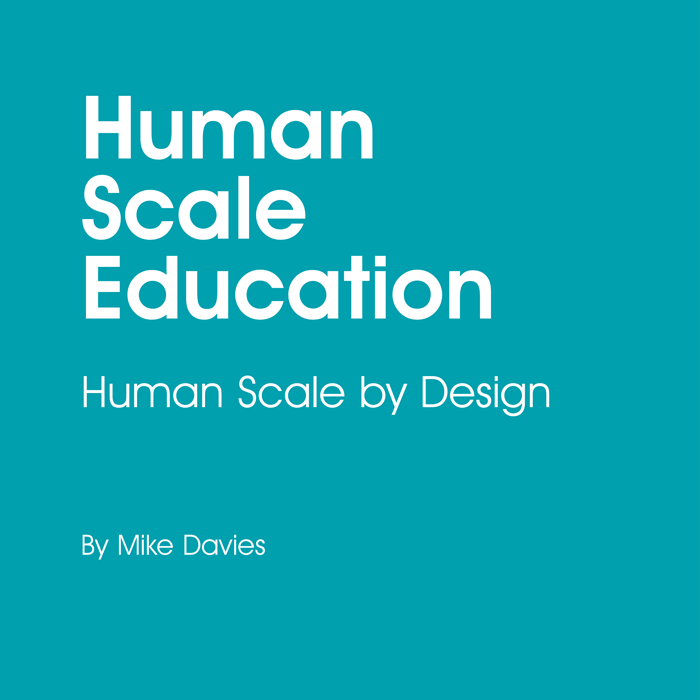
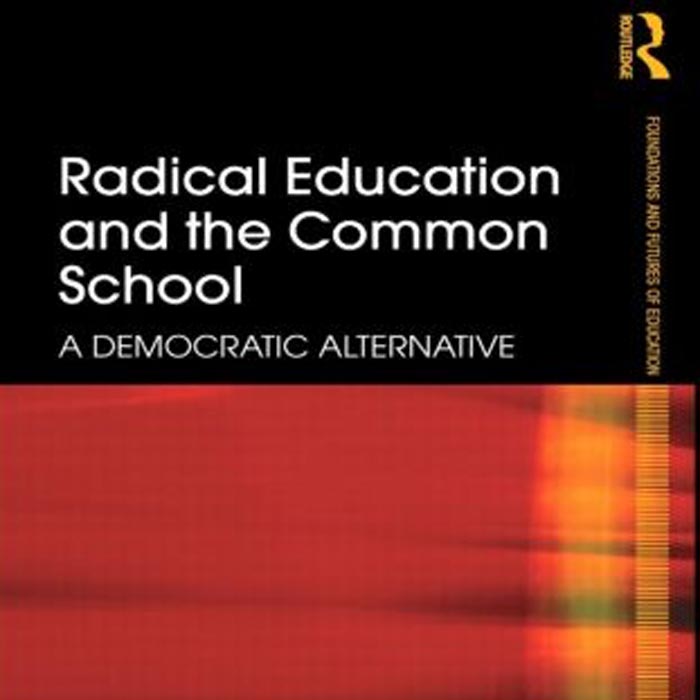
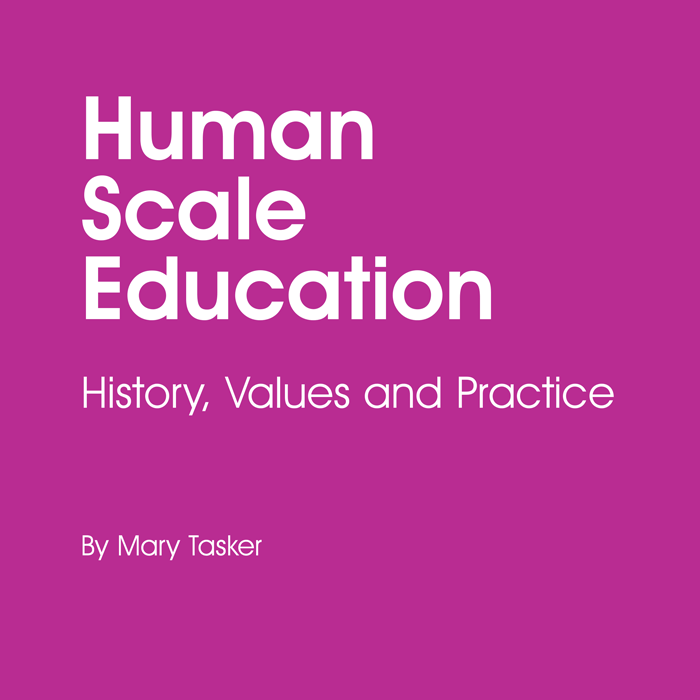
Human Scale Education: History, Values and Practice
by Mary Tasker
Available from Human Scale Education
Events
Seminars and workshops take place around the UK to give parents and teachers the opportunity to find out about different approaches to education and support in setting up a new project.
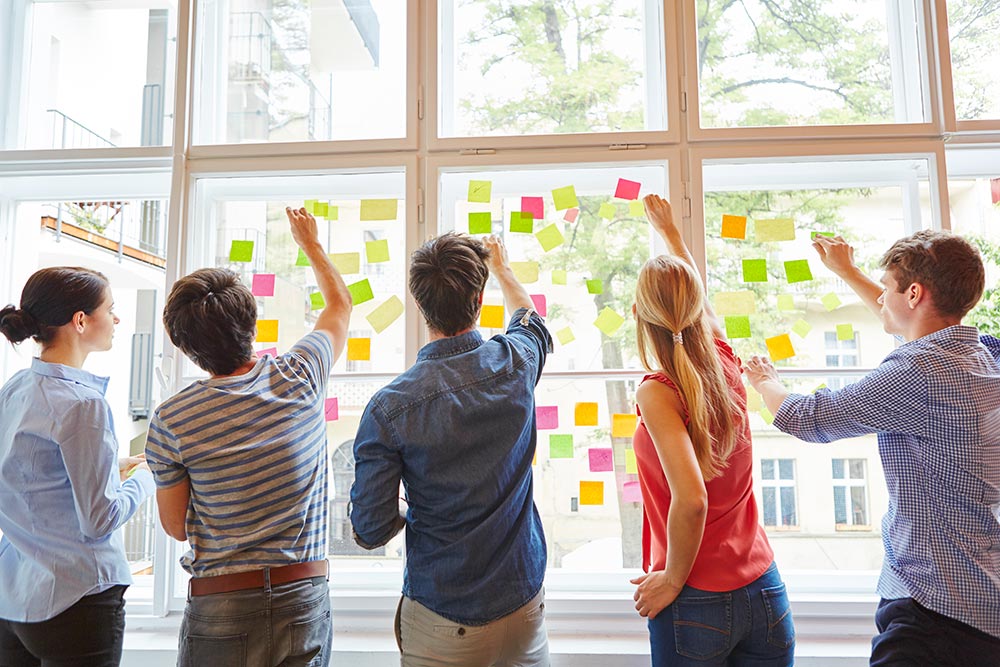
Workshops

Seminars
Organise a Seminar or Workshop in your area
Alternatives in Education can put on workshops for schools, for parents or for students.
For further details or to arrange a date contact us at:
info@alternativesineducation.org
